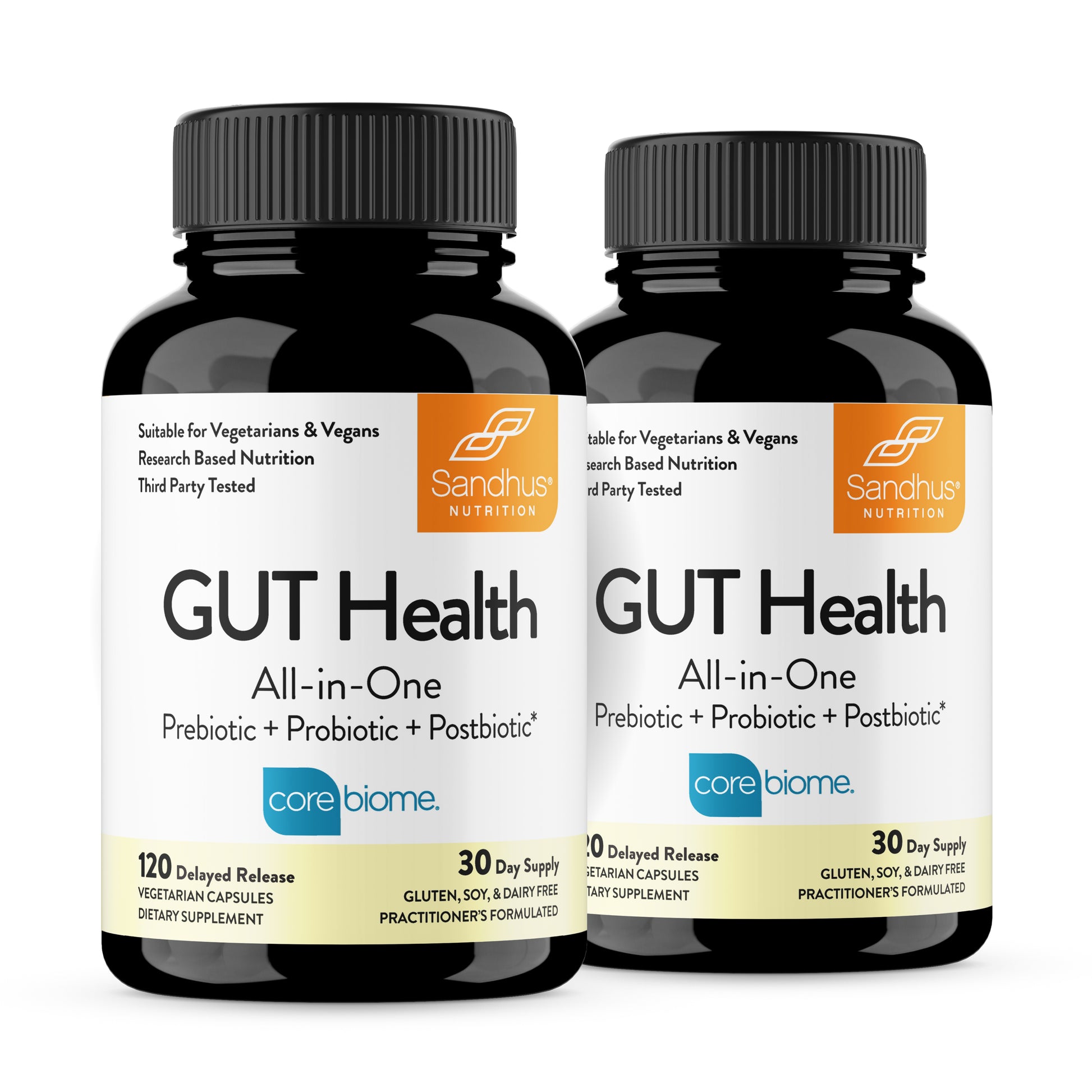Best Gut Health Supplement Choices for Enhanced Nutrient Absorption
Best Gut Health Supplement Choices for Enhanced Nutrient Absorption
Blog Article
Discover the Trick to Food Digestion and Resistance With Gut Health And Wellness Support

Comprehending Digestive Tract Wellness
Understanding digestive tract wellness is important for total well-being, as it plays a significant duty in digestion, resistance, and also psychological health and wellness. The intestine, comprising the gastrointestinal system, is in charge of breaking down food, absorbing nutrients, and eliminating waste. A well balanced gut environment makes certain reliable digestion, enabling the body to make use of nutrients efficiently.
In addition, digestive tract wellness considerably affects the immune system. The digestive tract houses a significant part of the body's immune cells, and a healthy gut can help repel virus and minimize swelling. Interruptions in intestine wellness can result in an over active immune feedback, potentially adding to autoimmune disorders and allergic reactions.
Additionally, the intestine is often described as the "2nd brain" as a result of the gut-brain axis, a complex communication network linking the mind and the intestine. This link affects state of mind, cognition, and emotional well-being. Issues such as dysbiosis, defined by an inequality in digestive tract germs, have actually been associated with psychological health and wellness conditions, consisting of anxiousness and clinical depression.
The Intestine Microbiome Explained

The digestive tract microbiome, a diverse area of bacteria living in the gastrointestinal system, plays a crucial duty in keeping digestive health and overall health. Making up trillions of bacteria, infections, fungi, and various other germs, this complex ecological community aids in the food digestion of food, the synthesis of vital nutrients, and the law of metabolic processes.
Each individual's gut microbiome is special, affected by factors such as diet regimen, way of living, genetics, and environmental direct exposures. A balanced microbiome supports optimum digestion by breaking down complex carbohydrates, generating short-chain fats, and assisting in the absorption of nutrients. Alternatively, an imbalance, often described as dysbiosis, can bring about gastrointestinal problems, consisting of short-tempered digestive tract disorder (IBS) and inflammatory digestive tract condition (IBD)
Research study has shown that a varied microbiome is connected with far better wellness outcomes, emphasizing the value of nutritional options in nurturing these bacteria. Foods abundant in fiber, probiotics, and prebiotics, such as fruits, veggies, and fermented items, can promote a healthy and balanced microbiome. Comprehending the digestive tract microbiome is necessary for developing targeted treatments targeted at improving digestion wellness and avoiding gastrointestinal illness.

Connection In Between Digestion and Resistance
A durable link exists between digestion and immunity, highlighting the important duty of the gut in maintaining total wellness. The stomach system is home to trillions of bacteria that develop the intestine microbiome, which considerably influences both immune actions and digestive processes. This facility ecosystem aids in damaging down food, absorbing nutrients, and providing important metabolites that support immune function.
When food digestion is effective, the intestine obstacle continues to be undamaged, avoiding dangerous microorganisms from entering the blood stream Recommended Reading (gut health supplement). go to this website Alternatively, inadequate digestion can cause a discrepancy in the microbiome, causing dysbiosis, which has actually been linked to different wellness problems, including autoimmune diseases and inflammatory conditions. Furthermore, approximately 70% of the immune system stays in the gut-associated lymphoid cells (GALT), which connects very closely with the gut microbiome. This interaction guarantees that the body immune system can successfully distinguish between beneficial and dangerous materials.
Tips for Supporting Gut Wellness
Supporting gut health and wellness is vital for preserving both digestion effectiveness and a well-functioning immune system. To foster optimal digestive tract health and wellness, consider including several functional methods into your daily routine.
First, prioritize hydration. Consuming alcohol appropriate water sustains food digestion and helps keep the mucosal lining of the intestinal tracts. Furthermore, routine physical task can boost gut motility and advertise a diverse microbiome.
Conscious eating practices are also necessary. Chewing food thoroughly and consuming slowly can aid food digestion and prevent over-eating, which might stress the intestine. Furthermore, taking care of stress with techniques such as meditation, yoga, or deep-breathing workouts can favorably influence gut health and wellness, as anxiety is recognized to interfere with gastrointestinal procedures.
Including prebiotics and probiotics into your routine is another effective technique. click here to find out more While details foods will be gone over later, comprehending the relevance of these parts is vital. Prebiotics work as food for helpful gut microorganisms, while probiotics present live valuable organisms.
Last but not least, prevent too much use prescription antibiotics, as they can interrupt the equilibrium of gut vegetation. By adhering to these tips, you can substantially contribute to the maintenance of a healthy gut, which is vital for overall health and wellness and vitality.
Foods That Promote Gut Wellness

Fermented foods, such as yogurt, sauerkraut, kefir, and kimchi, are abundant in probiotics, which are useful germs that support intestine vegetations and boost digestion. These foods can help restore equilibrium in the digestive tract, specifically after antibiotic use or digestion disturbances.
In addition to fermented alternatives, prebiotic foods, such as garlic, onions, asparagus, and bananas, function as nutrients for these probiotics, advertising their development and activity. These soluble fibers support intestine mobility and can relieve issues like irregular bowel movements.
In addition, incorporating high-fiber foods, consisting of entire grains, beans, vegetables, and fruits, is crucial for keeping a healthy and balanced intestine. Fiber aids in normal defecation and aids prevent digestive disorders.
Finally, omega-3 fatty acids located in fatty fish, flaxseeds, and walnuts have anti-inflammatory residential properties that can better support intestine health and wellness. Stressing these foods in your diet plan can result in a durable digestive system and improved immune function.
Final Thought
In conclusion, focusing on gut health and wellness is essential for enhancing digestion and improving immunity. A balanced gut microbiome, affected by dietary options and way of life variables, plays an essential role in nutrient absorption and swelling reduction.
Recognizing gut health and wellness is important for total well-being, as it plays a significant role in food digestion, resistance, and also mental health and wellness. The intestine houses a significant portion of the body's immune cells, and a healthy and balanced intestine can help fend off microorganisms and minimize swelling.Furthermore, the gut is typically referred to as the "second brain" due to the gut-brain axis, an intricate interaction network linking the brain and the digestive tract.A durable connection exists in between food digestion and immunity, highlighting the vital role of the gut in keeping general health.In final thought, focusing on gut health and wellness is necessary for optimizing food digestion and enhancing resistance.
Report this page